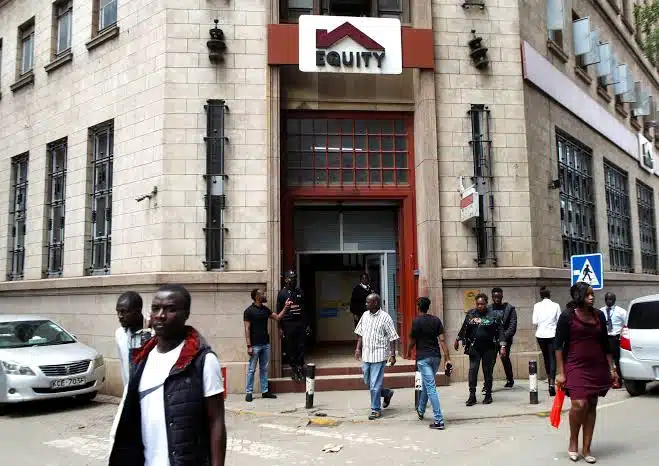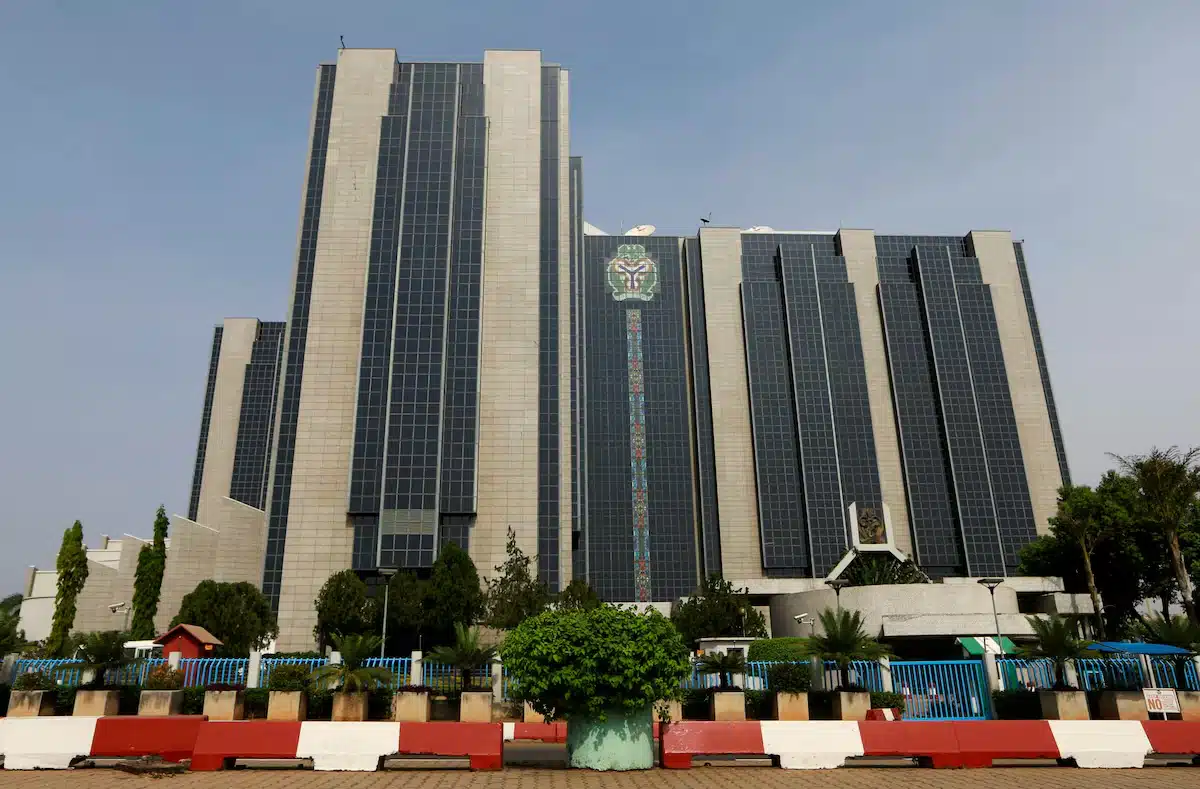Ecobank Kenya has strengthened its capital base with a $27 million injection, raising its total core capital to $65.7 million.
The notice, which was issued on Sunday, makes the bank the first to announce its capital injections following the new capital requirement for Tier I banks set by the Central Bank of Kenya (CBK) in 2024.
At $65.7 million, the lender is well on track to meet the CBK’s $77.7 million capital threshold by 2029, signalling its strong financial position and growth potential.
A stronger capital base not only enables Ecobank Kenya to meet regulatory demands but also enhances its capacity to fund high-impact sectors like agriculture, manufacturing, and tourism.
Additionally, the bank has disclosed plans to scale up financing for small and medium-sized enterprises (SMEs), fintech firms, and women-led businesses—sectors with strong economic potential.
“Kenya is a strategic market for the Ecobank Group and a key economic hub in East Africa. This capital reinforcement positions us to seize new business opportunities and deliver long-term value for stakeholders,” said Jeremy Awori, Group CEO of Ecobank Transnational Incorporated.
Josephine Anan-Ankomah, Ecobank Kenya’s Managing Director and Regional Executive for Central, Eastern, and Southern Africa, emphasised the bank’s commitment to leveraging its pan-African network to strengthen cross-border payments and fintech partnerships.
“Beyond financing, our focus is on providing businesses with the capital and expertise they need to scale, create jobs, and drive sustainable economic transformation,” she noted.
Kenya joins regional push for stronger banks
In June 2024, the CBK announced plans to increase the minimum core capital for commercial banks from $7.7 million to $77.3 million—a tenfold jump.
CBK Governor Dr Kamau Thugge had earlier emphasised that the higher capital floor is necessary to create more resilient banks capable of financing large-scale projects, absorbing financial shocks, and competing with international lenders.
The move places Kenya in line with Nigeria and Uganda, both of which have recently introduced stricter capital rules for banks.
Uganda’s Finance Ministry had in November 2022 implemented higher capital thresholds for commercial banks, raising the minimum requirement sixfold from $6.8 million to $40.9 million with a compliance deadline of June 30, 2024.
The measure was intended to reinforce the financial sector’s resilience and improve banks’ ability to fund larger projects.
Similarly in March 2024, the Central Bank of Nigeria (CBN) unveiled new capital requirements for commercial, merchant, and non-interest banks.
Under the new rules, commercial banks with international operations bore the biggest burden as they were mandated to raise their capital base by 900% to $359 million by March 2026.
While Nigeria’s largest banks have largely met the new requirement, smaller institutions are considering mergers to remain competitive.
With banks across the region under pressure to comply with these new mandates, industry consolidation is expected.
Some lenders may pursue mergers and strategic partnerships, while others could be forced to downgrade their licences.
For Ecobank Kenya, the latest capital injection signals a proactive approach to regulatory changes, ensuring compliance well ahead of schedule while reinforcing its position as a key player in East Africa’s financial ecosystem.










